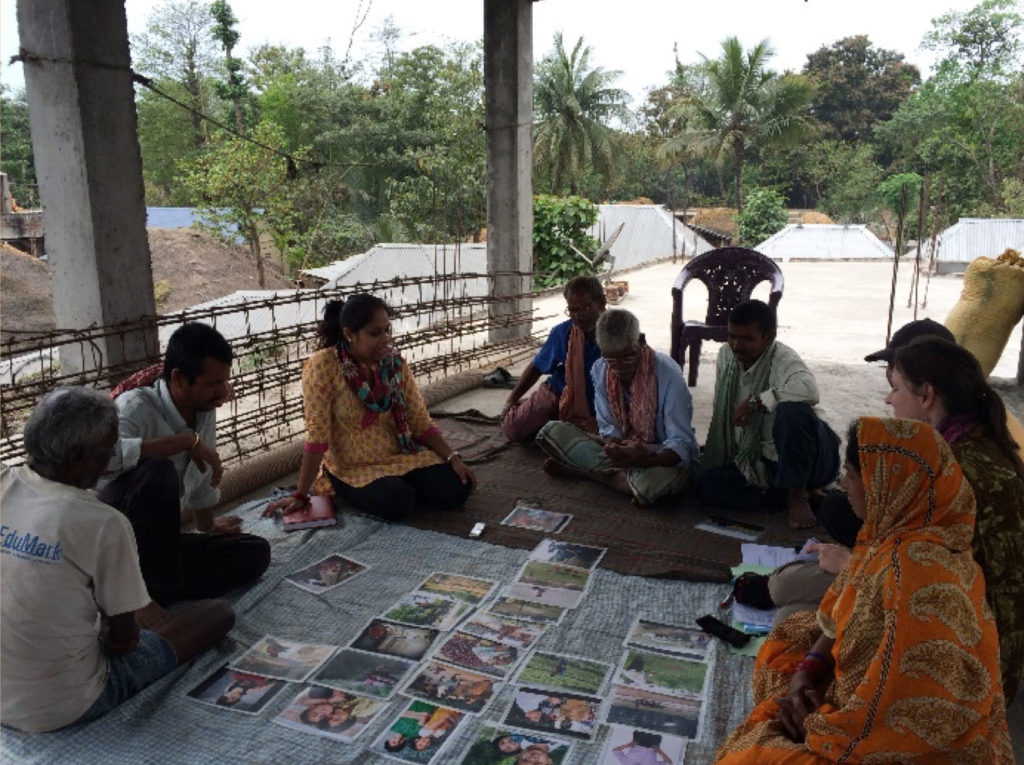

Women’s Bargaining Power in agricultural value chains, TropAg
November 20, 2017
The Crawford Fund has generously partnered with TropAg2017 to assist 10 young researchers from developing countries attend and present their science at this international conference which will be held in Brisbane from 20-22 November 2017. Successful candidates were chosen by a selection panel made up of representatives of The Crawford Fund and the TropAg2017 conference organisers, based on submitted abstracts of their research.
In the lead-up to the conference we will be publishing short blog posts written by the young researchers about their work.
By Dipika Das, PHD Student at the University of Southern Queensland

Institution
University of Southern Queensland
Currently undertaking PhD on “Women’s Bargaining Power in agricultural value chain: A gender perspective in Eastern Gangetic Plains”
Scholarship: ACIAR John Allwright Fellowship, Australia Awards
Partners
Australian Centre for International Agriculture Research (ACIAR); University of Southern Queensland (USQ); International Water Management Institute (IWMI)
Country
Nepal
Project name and Status
Improving dry season irrigation for Marginal and Tenant Farmer (DSI4MTF) in Eastern Gangetic Plains. Project ongoing 2014 – 2019
Background
- The Eastern Gangetic Plain (EGP) region includes the Nepal Tarai, Bihar and West Bengal region in India.
- EGP is one of the most densely populated and poverty-stricken belts in South Asia.
- Deeply entrenched in social structures of class and caste tenant relations.
- Male labor migration from rural communities, women are increasingly managing the farming process.
- Low access to irrigation water in the dry season, limited irrigation capacity and low agricultural innovation.
- Female-headed households face new patterns of vulnerability, with an increase in labor burden accompanied by limited access to and control over water resources
Goal
To strengthening agriculture for marginal and Tenant Farmers in Eastern Gangetic Plains.
Expected Outcome
- Access to year-round water for irrigation would significantly promote the productivity of agriculture, improving incomes and food security.
- Marginal and tenant farmers, youth and women are the target who could benefit from a new approach to irrigation provision.
- Socio-economic, structural and institutional constraints to sustainable water use in patriarchal and caste-based societies pose a challenge to the scaling of more productive opportunities.
Initiative
The project was implemented with an objective to through the following activities focusing marginal, tenant & women farmers
- Ground water studies and initial support
- Farmers Training & Experts visit
- Agricultural value chain options for Small Farmers
- Government & local stakeholders involved
- Irrigation support Agricultural innovation & adoption
- Gender constraints for women farmers discussed
- Collective farming introduced to farmers group
Target Group
131 Marginal, tenant and women farmers
Findings
- High level of land Inequality, dominance of small class of landlords and heavy concentration in the ownership of irrigation equipment
- Rich in groundwater aquifer so tube-well, ponds, canals used for irrigation
- Agricultural intensification was influenced by deeply inequitable economic status, class and gender relations
- Women are changing traditional gender roles by taking decision making roles in agriculture
- Though having high potential to produce for agricultural value chain, farmers conducting limited value addition activities
- Dominance of retail market as lack of further processing zones to add value.
- Unequal bargaining observed and often traders had the upper hand to fix the price of products
Personal reflection: Being native of the EGP region, I deeply internalise the constraints and potential of small farmers. Especially the women who are changing the existing gender norms to participate in agriculture. My study will further benefit such smallholder women farmers in terms of their bargaining power to sustain in the competitive value chain and establish food security.




